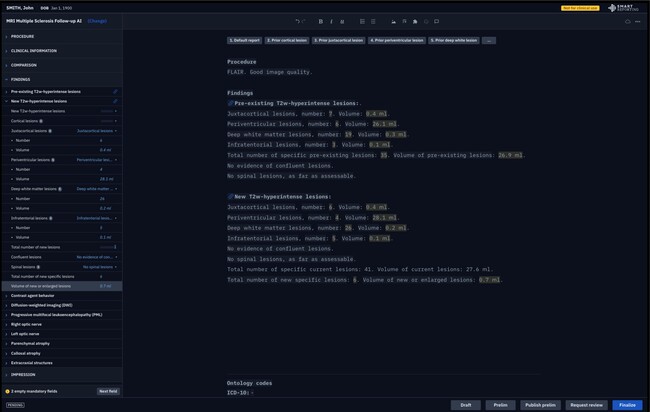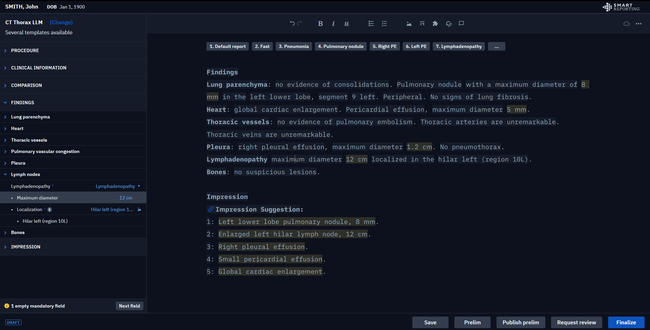Navigating the complex landscape of addiction treatment can be challenging for individuals and families affected by substance abuse. Determining the best course of action requires an understanding of available resources, from local support networks to financial aid options. Whether you’re dealing with addiction firsthand or supporting a loved one on their journey to recovery, various resources can provide assistance and guidance. Keep reading to uncover a wealth of information that can help pave the path to a healthier, substance-free life.
How to Access Local and National Addiction Recovery Support Networks
Finding support is a crucial component of the recovery process, and it is important to be aware of the local and national networks available. Community-based groups like Alcoholics Anonymous (AA) or Narcotics Anonymous (NA) offer free, peer-led sessions across various locations, making them easily accessible for ongoing support.
Many communities also have government-funded agencies that provide counseling, rehabilitation referrals, and other support services. These services might include substance abuse education programs, which can be particularly beneficial for individuals in the early stages of recovery.
For a more personalized approach, comprehensive case management can be critical in creating a tailored recovery plan. Case managers work closely with individuals to navigate the complexities of the healthcare system, ensuring they have access to the necessary resources for recovery.
Interactive Online Resources for Addiction Education and Self-Help
In the digital age, a plethora of online resources are available for individuals seeking education and self-help options for addiction. Websites like drugabuse.gov provide scientifically based information that can enhance understanding of substance abuse and its treatments. Such knowledge is invaluable when making informed decisions about recovery.
Interactive tools, such as self-assessments and online therapy platforms, allow individuals to begin their journey toward recovery from the privacy of their own homes. These platforms often include support forums where people can share experiences and offer mutual support, creating a virtual community of peers.
Educational webinars and workshops conducted by experts in the field can also be accessed remotely, offering insights into the latest treatment practices and coping strategies. Continuing education about addiction can empower individuals to remain committed to their sobriety.
Financial Aid and Insurance Coverage for Substance Abuse Treatment
For many, the cost of treatment might seem prohibitive, but there are financial resources that can help. Insurance plans often cover at least a portion of addiction treatment services under behavioral health coverage. It’s essential to review one’s health insurance policy to understand the specifics of what is covered.
For those without insurance, or for expenses not covered by insurance, many treatment centers offer sliding scale fees based on income. Additionally, some facilities have scholarship funds available to offset costs for eligible individuals. It’s advisable to inquire directly with treatment centers about available financial aid options.
The Affordable Care Act (ACA) expanded options for addiction treatment, making it a required benefit for Medicaid and plans on the Health Insurance Marketplace. This expansion has made treatment more accessible for a wider range of people seeking help with substance abuse issues.
The Role of Family and Community in Successful Addiction Recovery
The impact of family and community support on an individual’s recovery journey can’t be overstated. Family therapy sessions are often a component of treatment programs, as they help heal relationships and enable family members to learn supportive communication strategies. A strong family unit can provide a critical support system for someone struggling with addiction.
Beyond immediate family and community circles, workplaces can also be a source of support. Some employers offer employee assistance programs (EAPs) that provide confidential resources and referrals for addiction treatment, emphasizing the importance of a supportive work environment in the overall recovery process.
Altogether, there are myriad resources available to support individuals through their addiction recovery journey. These resources range from treatment programs and support networks to financial aid options, each playing an essential role in building a foundation for a successful recovery. Overall, by leveraging the full spectrum of resources and support systems, individuals and families can navigate the challenges of addiction and move towards a healthier and more fulfilling life.







